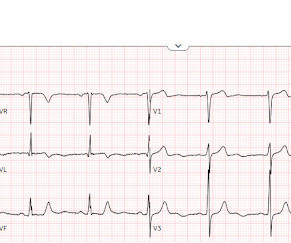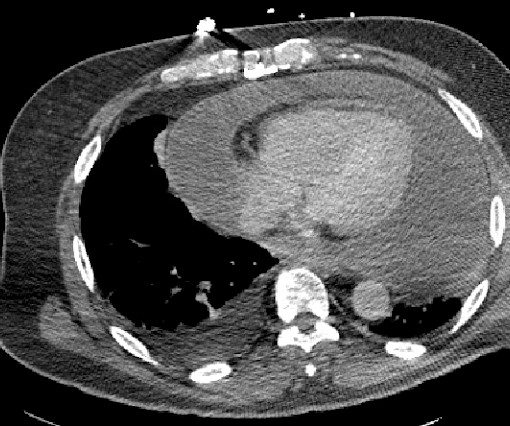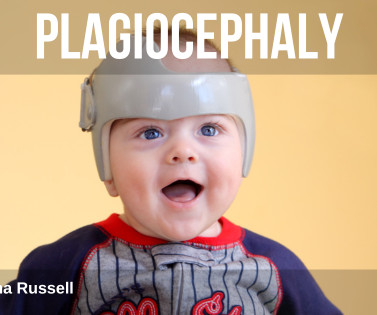ECG Blog #421 — Has there been a Recent MI?
Ken Grauer, MD
MARCH 15, 2024
What if you were asked to interpret the ECG in Figure-1 ? How would YOU interpret the rhythm? Even without the benefit of any history — Has there been a recent MI? Figure-1: The initial ECG in today's case. ( To improve visualization — I've digitized the original ECG using PMcardio ). MY Approach to Today’s Tracing: As always — I favor beginning assessment with a quick look at the long lead rhythm strips at the bottom of the tracing.












































Let's personalize your content